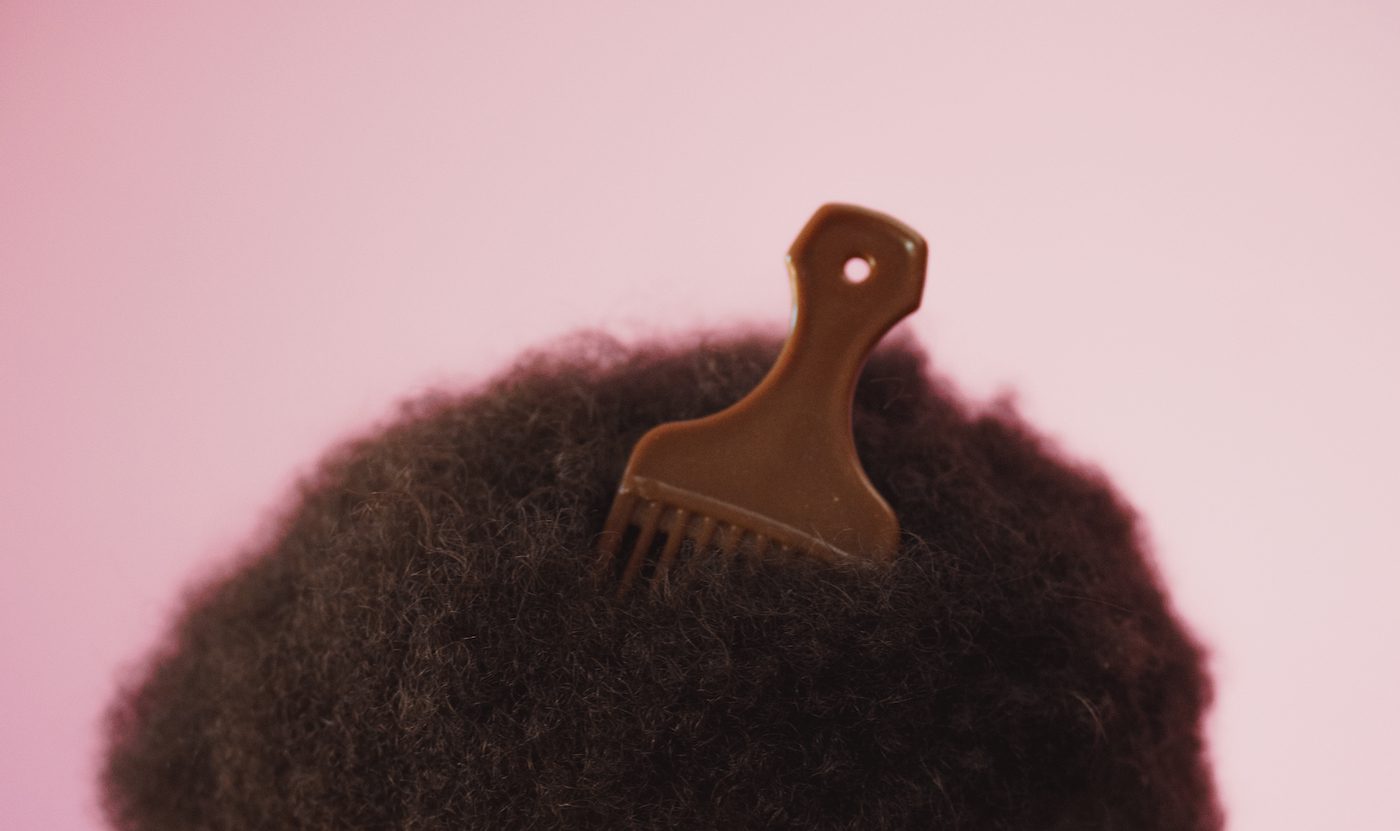Despite having had limited cultural exchange, the continents of Africa and Oceania are connected via similar histories of colonialism. The specificities of these are themes that several Aboriginal, Black, and Pacific Islands artists have been exploring in order to revive history, keep indigenous cultures alive, and imagine their own futures. The series Over the Radar is dedicated to them. Sheila Feruzi talked to artist Ivy Mutuku about Blackness in Australia, self-love, and a bright future.

Ivy Mutuku, Practicing my serve. Courtesy the artist.
Contemporary And: How do you create a sense of belonging in Australia as a young woman of color? Is there a Black community where you grew up?
Ivy Mutuku: My sense of belonging really began from my mum. When we migrated to Australia I was really young, and I never went back to Kenya until I was eleven years old. The interesting fact though is that when I went back home it didn’t feel like a foreign place at all – I felt like I belonged essentially, and I really owe that to my mum. Even though we were living on the other side of the world, somewhere where people who looked like us were minimal, still she spoke so highly of our homeland. She taught my sisters and I our traditions, she instilled in us effectively the pride of being Kenyan, and I have always carried that with me. How I continue to nurture this sense of belonging is never being apologetic about where I come from. I remind myself what an honor it is to be from where I’m from, and I surround myself with many beautiful people who understand this as well, which makes the whole thing even more worthwhile. The African/Bla(c)k community in Melbourne is so beautiful – we are incredibly talented, incredibly smart, and insanely creative. We look so good over here. The world hasn’t tasted the sauce we have yet!
C&: Your images and their titles, like Then there were two, Rain on me, and Girl with the green hair, indicate an intimate reflection around young Black people simply being and embracing their blackness. Would you say there is a lack of representation? Why do you choose to give viewers glimpses into these worlds through your photography?
IM: Intimate reflections of young Black people are there, but it’s a subject that is rarely documented positively and publicly around me, or it’s not what some may want to see and hear. My images are a reflection of myself. When I capture these beautiful people it’s a form of self love. I didn’t realize this was something that others felt was lacking in themselves until those who follow me [online] commented and messaged me. They would tell me how my images made them feel, and without a caption, nothing on my images but a simple title, their comments would usually align with how the images made me feel. And that’s when I knew my images were connecting to others and filling holes that were empty.
C&: Given Australia’s colonial history, is there a connection between First Nations people and Diaspora Africans?
IM: Yes, there is a huge connection between First Nations people and the African Diaspora. We connect over the existence of the colonial project on both lands and the fact that the erasure of Black people was its primary focus. Australia is one of the non-African countries where anti-Blackness has directly resulted in continual suffering and marginalization of First Nations people. Though a hierarchy of Blackness exists within Australia, we must remember that that too is an implication of the colonial project.
C&: What fascinates you most about film and photography? How did you come to those media?
IM: Film is my first love. I think it is one of the best communication mediums ever. Photography just has a way of documenting and presenting that can move you in so many ways. I’m a very visual and a very empathetic character. I love to feel and I love to understand, I love to connect, I love to show and I love to tell, and film and photography do all those things.
C&: How has your professional experience as a filmmaker and photographer been so far? What opportunities but also boundaries have come from being based in Melbourne?
IM: So far it’s been wild, I can physically feel me forming into the creative I see in my mind – it’s an exciting and interesting process. Through my work I’ve posted online, I’ve connected with so many incredible artists working in all mediums all over the world who I can call my friends. It’s so dope to have people who understand your creative lingo and mindset. But the industry in Australia is still not very diverse – not only frontline but also behind-the-scenes crew. I can definitely see a future, however, where this will no longer be an issue with emerging talent in the underground scenes of Melbourne.
Ivy Mutuku is an Kenyan-Australian filmmaker and photographer based in Melbourne, Australia.
Sheila Feruzi is an afro-Norwegian screenwriter and film producer currently based in Bergen, Norway. Through the upcoming media company Vuma she is developing podcasts and digital media solutions that will highlight content by multicultural creators in Norway.
OVER THE RADAR
LATEST EDITORIAL
More Editorial